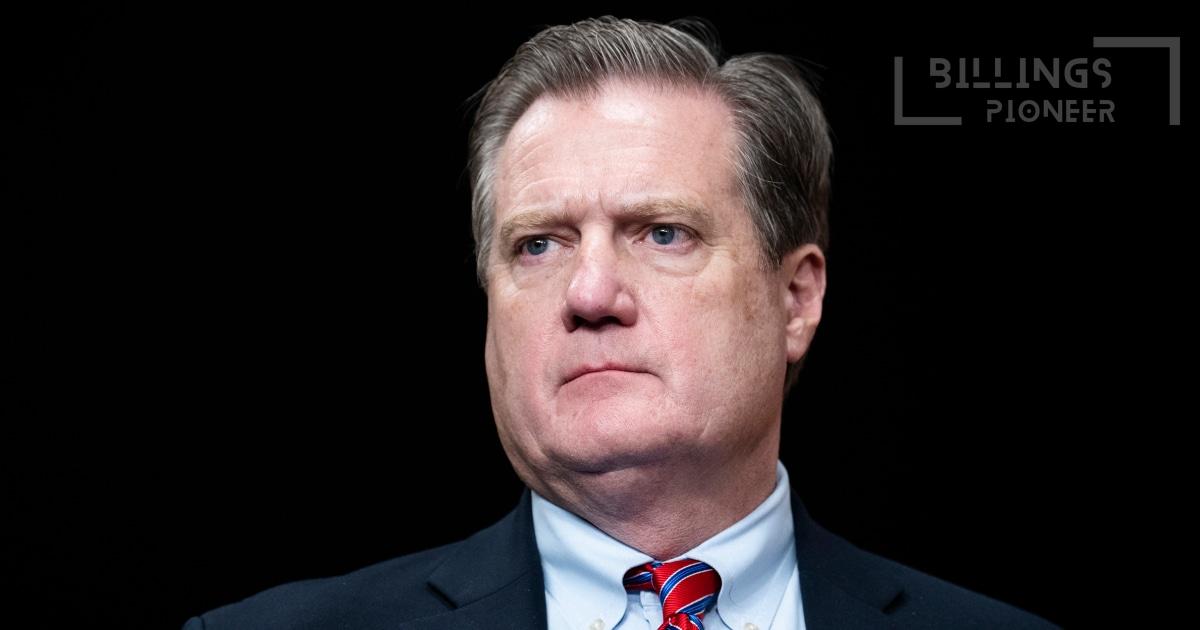In a surprising move that sent ripples through the halls of Congress, House Speaker Mike Johnson announced the removal of Representative Mike Turner from his position as chairman of the House Intelligence Committee on Wednesday, October 25, 2023. This decision has sparked discussions about its potential impact on national security and legislative efforts, highlighting the ongoing shifts in leadership as Congress navigates new challenges.
Change in Leadership
Speaker Johnson made it clear that he believes fresh leadership is necessary in the current political landscape. Despite his respect for Turner and the work he has accomplished, Johnson emphasized the need for “fresh horses” in the new Congress. Turner, who has been a significant figure in intelligence matters, expressed pride in his leadership role and his commitment to national security during his tenure.
Surprising Moves
The decision to remove Turner caught many lawmakers off guard—both Republicans and Democrats alike. Many viewed Turner as a respected leader and were not expecting such a significant change. This surprise element could also indicate shifting strategies within the Republican Party, as they aim to redefine their narrative for the upcoming months.
Future of the Intelligence Committee
Speaker Johnson has stated he will announce Turner’s replacement shortly, on Thursday, October 26, 2023. Potential candidates to step into the role are Representatives Rick Crawford, Trent Kelly, and Darin LaHood. The new chairman will face the challenge of steering the committee through the complexities of current intelligence operations and concerns over security.
Responses from Lawmakers
Lawmakers from both parties have voiced their reactions to this unexpected leadership change. Some Republicans have expressed concern that this move could hinder the party’s ability to push President Trump’s agenda. On the other hand, Democrats serving on the committee reported receiving no prior warning about this removal, which raised eyebrows and questions about the decision-making processes within the committee.
What’s Next?
- Turner will remain active in the Armed Services and Oversight Committees, where he can continue to contribute important insights.
- Many are watching to see how this leadership change will affect other legislative efforts, especially those related to national security.
- Given the unexpected nature of the change, the new chair will likely need to formulate strategies quickly to gain the trust and cooperation of committee members.
The Bigger Picture
This change at the top of the House Intelligence Committee is part of the larger evolution within Congress as it adapts to new leadership dynamics and external pressures. The discussions surrounding Turner’s ousting highlight a tense atmosphere where decisions made at the top can have far-reaching implications for policy-making and party unity. As Johnson moves forward with his leadership, the political landscape may experience further shifts that could redefine how Congress addresses national security and intelligence matters.
A Lesson in National Security
As we watch these events unfold, it serves as a reminder of the importance of strong, clear leadership in matters of national security. Changes like these can influence how lawmakers approach critical issues that impact the safety and security of the nation. Understanding the motivations behind such decisions will be crucial for all engaged in or following U.S. politics.
| What’s Next for the Intelligence Committee? | Expected Changes |
|---|---|
| New Chair Announcement | Rick Crawford, Trent Kelly, or Darin LaHood could be candidates. |
| Impact on Security Policy | Changes could affect future intelligence operations. |
| Committee Dynamics | Potential for reshaped relationships among members. |











